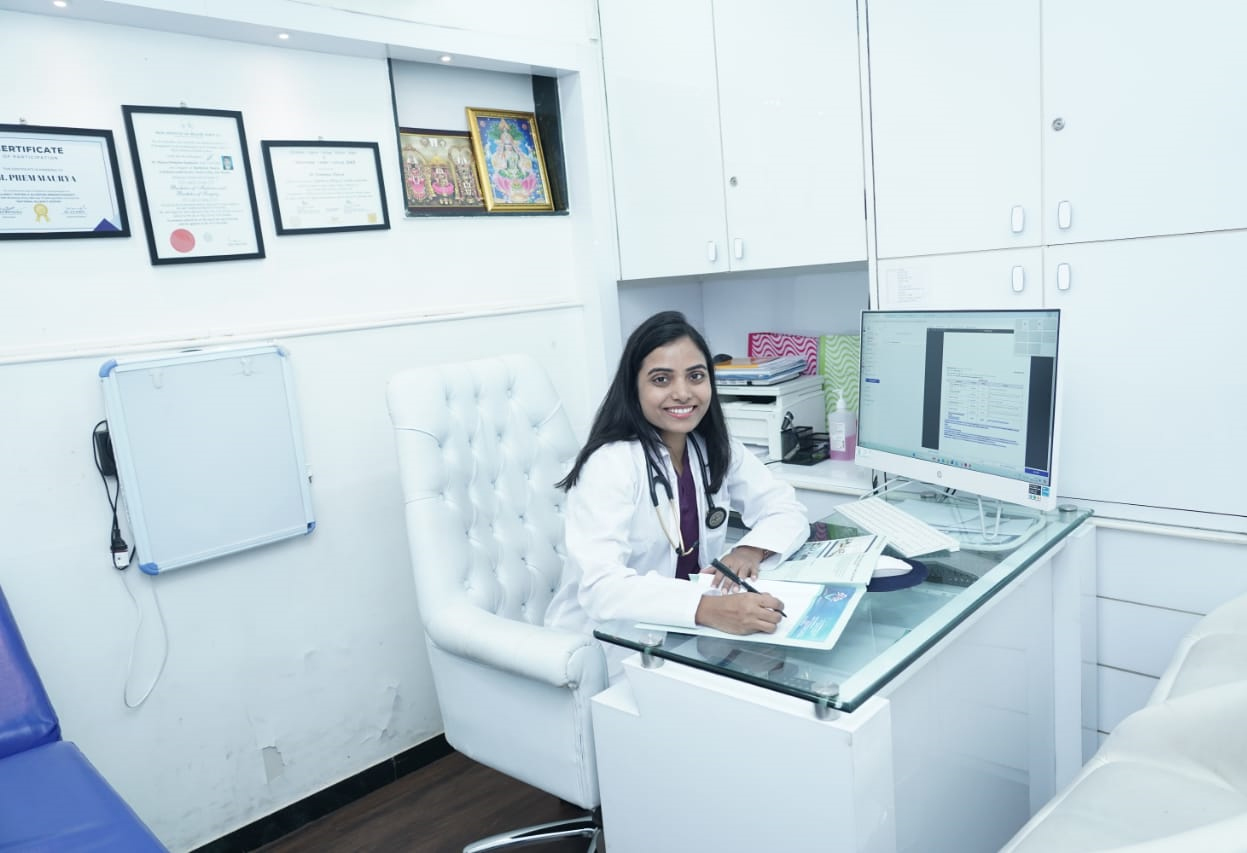Gynaecological Disorders

Gynaecological disorders encompass a range of conditions affecting the female reproductive system, including the uterus, ovaries, fallopian tubes, and vagina. These disorders can impact a woman's overall health, fertility, and quality of life. Understanding the symptoms, causes, and available treatments is vital for early diagnosis and effective management.
Common Gynaecological Disorders
Menstrual Disorders:
- Symptoms: Irregular periods, heavy bleeding (menorrhagia), painful periods (dysmenorrhea), or absence of menstruation (amenorrhea).
- Causes: Hormonal imbalances, polycystic ovary syndrome (PCOS), thyroid disorders, or uterine abnormalities.
- Treatment: Hormonal therapy, lifestyle modifications, or surgical procedures such as dilation and curettage (D&C) for severe cases.
Polycystic Ovary Syndrome (PCOS):
- Symptoms: Irregular periods, excessive hair growth (hirsutism), acne, weight gain, and infertility.
- Causes: Insulin resistance, genetic predisposition, and hormonal imbalances.
- Treatment: Weight management, medications like oral contraceptives, and insulin-sensitizing drugs.
Endometriosis:
- Symptoms: Chronic pelvic pain, painful menstruation, pain during intercourse, and infertility.
- Causes: Growth of endometrial tissue outside the uterus, possibly due to retrograde menstruation or immune dysfunction.
- Treatment: Pain management, hormonal therapy, or surgical removal of endometrial tissue.
Uterine Fibroids:
- Symptoms: Heavy menstrual bleeding, pelvic pain, frequent urination, and infertility.
- Causes: Hormonal factors and genetic predisposition.
- Treatment: Medications, non-invasive procedures like MRI-guided focused ultrasound, or surgeries such as myomectomy or hysterectomy.
Pelvic Inflammatory Disease (PID):
- Symptoms: Lower abdominal pain, abnormal vaginal discharge, fever, and pain during intercourse.
- Causes: Bacterial infections, often resulting from sexually transmitted infections (STIs).
- Treatment: Antibiotics, pain relievers, and, in severe cases, hospitalization for intravenous antibiotics.
Preventive Measures
- Regular gynecological check-ups.
- Maintaining good hygiene.
- Using barrier methods to prevent STIs.
- Leading a healthy lifestyle with balanced nutrition and exercise.

